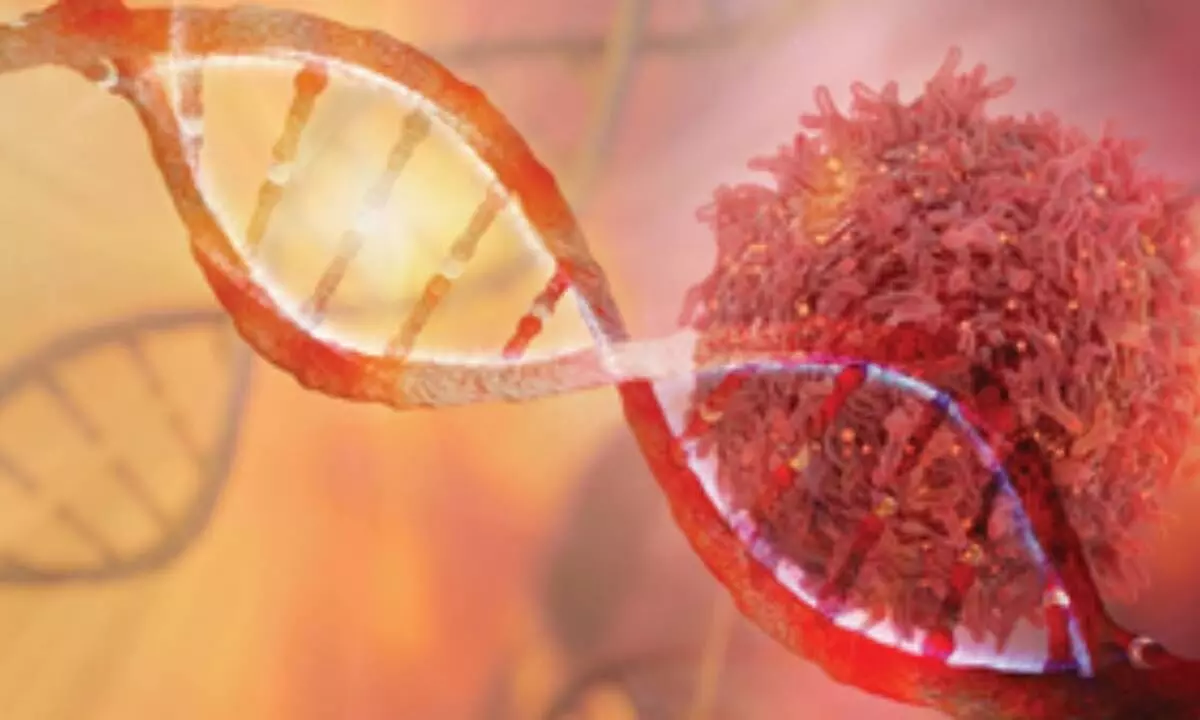Blood proteins that may predict cancer 7 years earlier identified
UK scientists have identified blood proteins linked to 19 different types of cancer, which could predict the deadly disease at least seven years before diagnosis
image for illustrative purpose

New Delhi, May 15: UK scientists have identified blood proteins linked to 19 different types of cancer, which could predict the deadly disease at least seven years before diagnosis.
The scientists from the Oxford Population Health in the UK identified 618 proteins, including 107 proteins in a group of people whose blood was collected at least seven years before diagnosis.
“These proteins could be involved at the very earliest stages of cancer, where it could be prevented,” they said in the studies published in the journal Nature Communications on Wednesday.
To find the proteins, the scientist deployed a powerful technique called proteomics, which helps analyse a large set of proteins in tissue samples at a single point in time. This helps to see how the proteins interact with each other and find any important differences between tissue samples.
The first study analysed blood samples taken from more than 44,000 people, including over 4,900 people who subsequently had a cancer diagnosis.
Proteomics helped scientists analyse a set of 1,463 proteins from a single sample of blood from each person.
The results showed 182 proteins that differed in the blood three years before a cancer diagnosis took place.
In the second study, genetic data from over 300,000 cancer cases were analysed.
The team found 40 proteins in the blood that determined a person’s risk of getting nine different types of cancer.
"The genes we are born with, and the proteins made from them, are hugely influential in how cancer starts and grows," said Dr Joshua Atkins, Senior Genomic Epidemiologist at Oxford Population Health.
"This research brings us closer to being able to prevent cancer with targeted drugs -- once thought impossible but now much more attainable," added Dr Karl Smith-Byrne, Senior Molecular Epidemiologist at Oxford.
The team, however, called for further research to find out the exact role these proteins play in cancer development.

